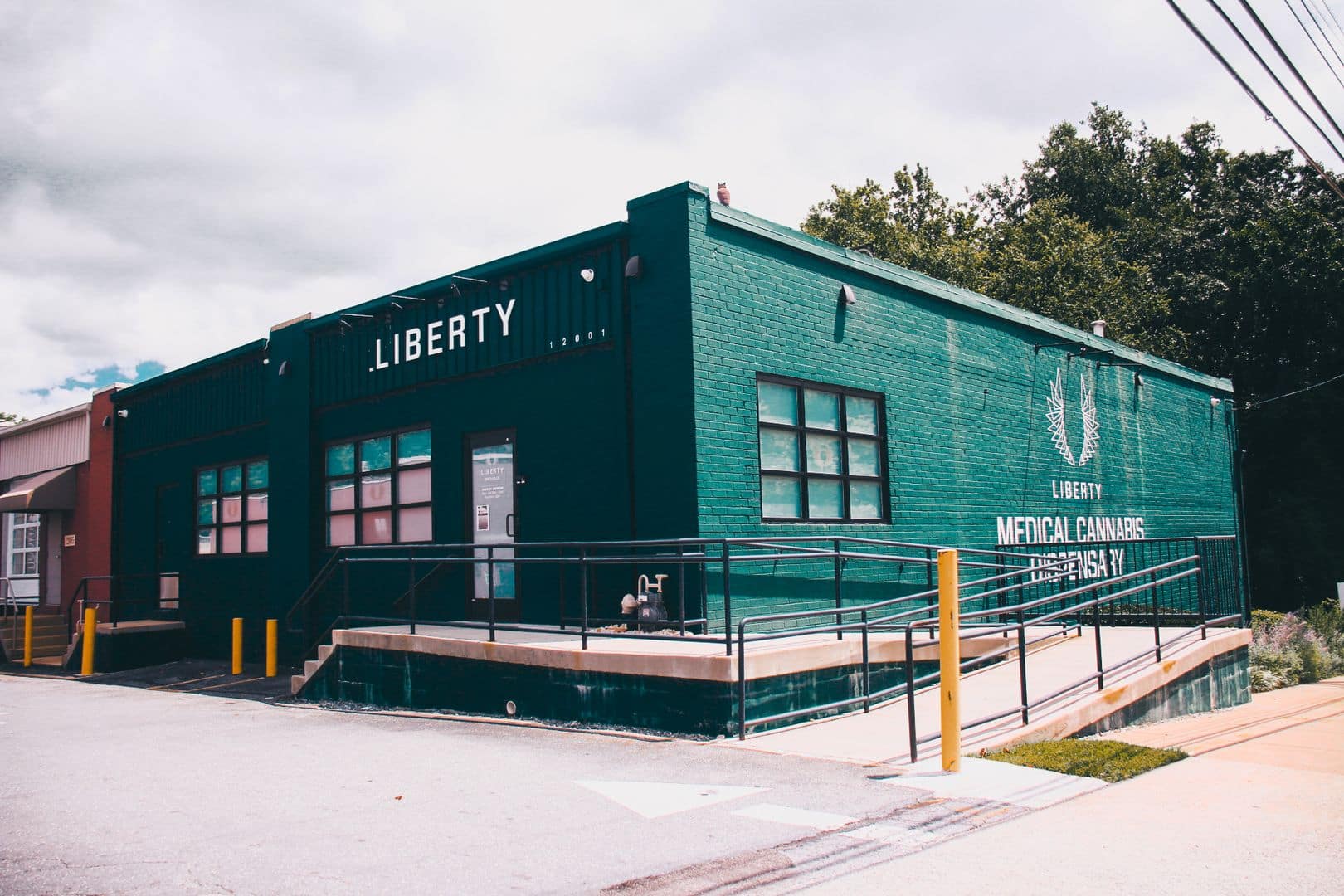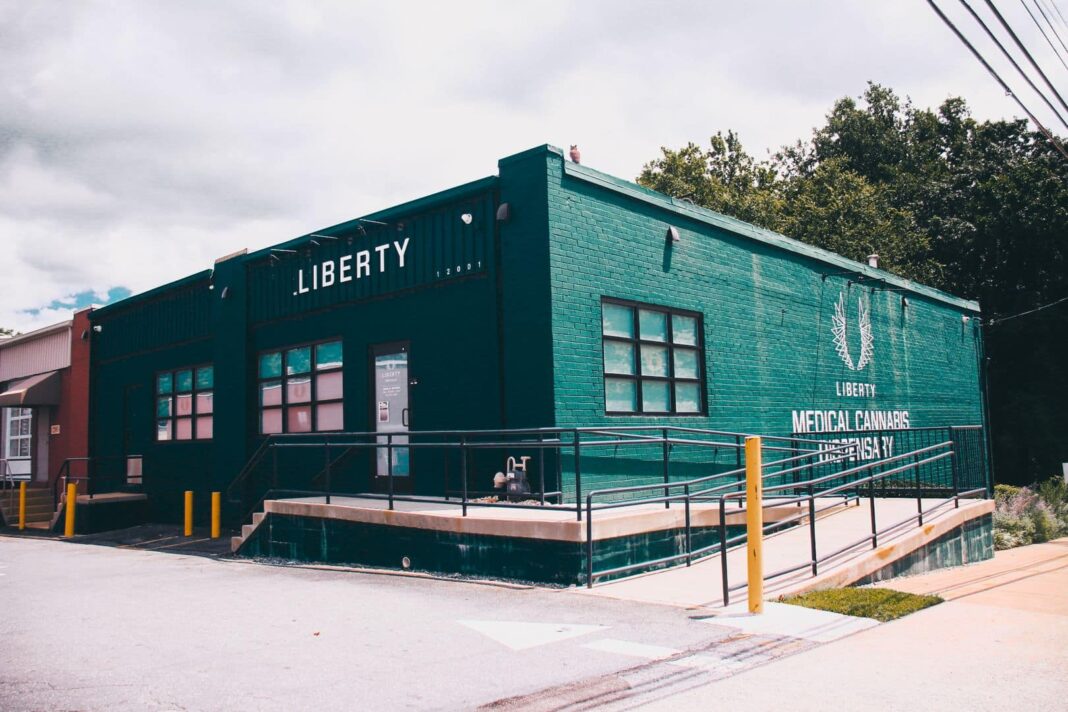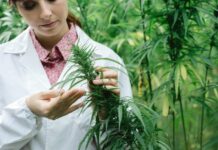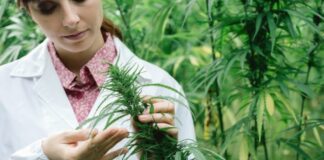
Maryland boasts over 118,700 registered medical marijuana patients and sees more than 1.2 million medical and recreational dispensary transactions monthly, according to the Maryland Cannabis Administration. Marijuana sales significantly contribute to small businesses, public health programs, and the state’s general fund. July 1 marked a year since Maryland legalized recreational cannabis for adults, and seven years since medical dispensaries began operating.
Governor Wes Moore recently pardoned over 175,000 individuals with minor possession and paraphernalia charges. On a federal level, authorities are initiating the process to reclassify cannabis, potentially reducing research barriers and fostering more studies on its benefits and risks.
“Millions of people are using cannabis, and there are 18 people [labs] studying it,” Ryan Vandrey, a professor in the Hopkins’ Behavioral Pharmacology Research Unit at the University of Maryland “We need to know more about it.” Key questions include optimal dosages, potency, benefits, contraindications, and interactions with other medications.
Vandrey’s lab is working on a study to determine how cannabis potency varies based on consumption methods—smoking, eating, or drinking. The process to reclassify cannabis by the U.S. Drug Enforcement Administration will be slow, requiring Vandrey and colleagues to navigate a lengthy approval process for studies. Hopkins aims to lead in demonstrating proper cannabis research operations and establishing industry standards, including universal product labels for public awareness.
The University of Maryland School of Pharmacy has established a graduate program focusing on medical cannabis science, therapeutics, and policy. However, scientists there are not directly involving the plant in research due to ongoing federal restrictions.
Chad Johnson, an assistant professor and co-director of the university’s Graduate Studies in Medical Cannabis program, noted that reclassification won’t immediately simplify research processes. “The door will not just fling wide open,” he said, pointing to ongoing regulatory challenges.
Meanwhile, concerns about youth access to marijuana persist. The latest Maryland Youth Risk Behavior Survey showed a decline in high school marijuana use from 19.8% in 2013 to 14.4% in 2022, before recreational use was legalized. Leah Sera, an associate professor and co-director of the graduate cannabis program, emphasized the need for strong public health education despite the data.
Sera highlighted that medical cannabis users have not faced access issues since recreational legalization. The evolving industry promises more research and reduced stigma, potentially leading to significant changes in the next five years.
Read the whole article from the Baltimore Banner Here.











